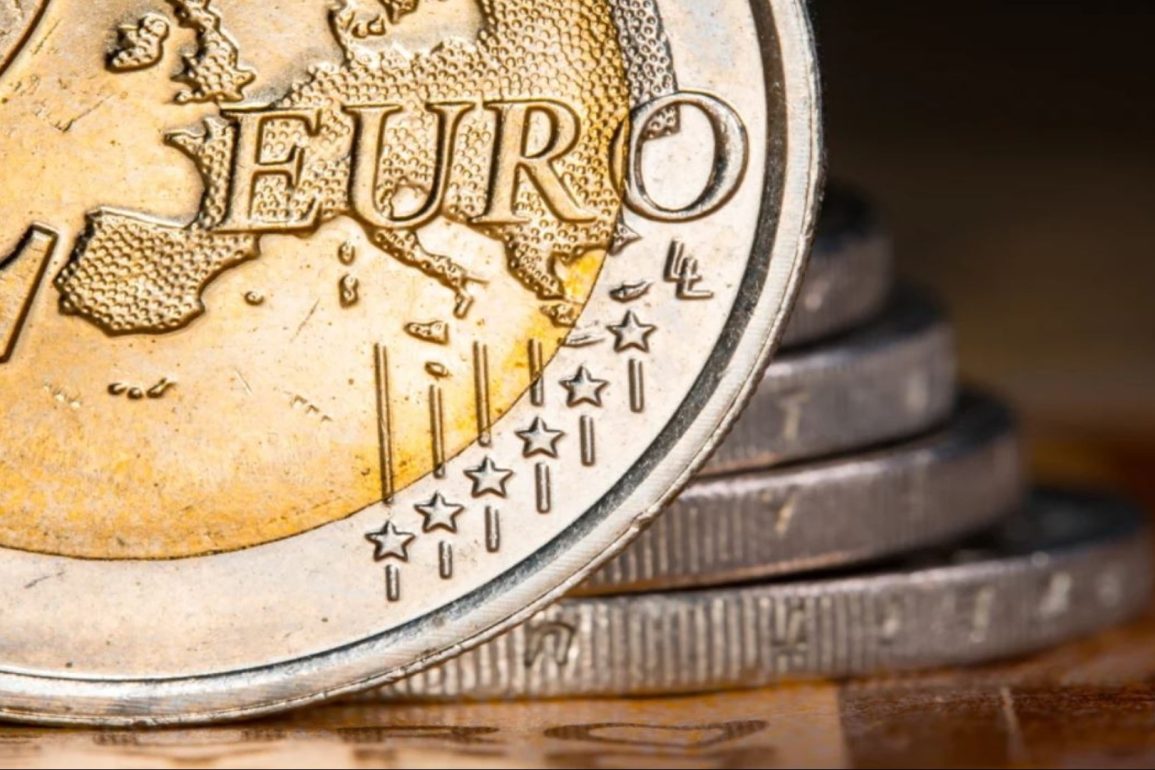The predominant determinants of currencies’ value in the global forex market are the forces of demand and supply. In other words, if there are more buyers of a certain currency, its value will rise; if more people want to sell it, its value will fall.
There are two broad ways through which exchange rates are determined, that its, an exchange rate regime in a country can either be fixed or floating.
Fixed exchange rate
Some countries operate fixed exchange rate systems, where the value of their domestic currency is tightly controlled by the central bank through monetary policy. The overarching principle behind it is to ensure the country is strictly marching towards its economic goals. Some of the measures taken under this exchange rate regime include:
- Interest rate adjustments: Interest rate adjustments are effective tools employed by central banks to influence currency exchange rates. It involves raising or lowering the interest charged on loans to either encourage or discourage the influx of capital from outside the country.
- Foreign reserve management: Central banks maintain reserves of assets like foreign currencies and precious metals like gold. When need arises, they can either sell or buy more of these assets to maintain a targeted exchange rate.
- Quantitative easing: In this strategy, central banks purchase assets like government-issued treasury bonds in order to boost the flow of money in the economy, lower interest rates etc.
Floating exchange rate
The value of a currency relative to other currencies is determined by the supply and demand in the foreign exchange market in a floating exchange rate. The exchange rate volatility of countries operating under a floating rate system is higher, but they also have greater control over their economic policies and trade activities, and they have more liquidity. Nonetheless, governments often intervene whenever necessary to maintain an acceptable range of fluctuations for the exchange rate.
Below are some of the factors that influence the value of currency in floating exchange rate systems.
Factors that influence floating exchange rate
Interest Rates
As highlighted above, central banks often raise interest rates to reduce the quantity of money in circulation, which in turn causes the value of the currency to rise. Furthermore, foreign investors are always on the look out to leverage the differences in interest rates across different countries, enabling them to make greater returns compared to other currencies.
Foreign currency inflows are stimulated by higher interest rates, leading to a rise in the value of the local currency due to increased demand. The inverse happens when a country lowers its interest rates, as its currency will lose value due to higher supply relative to the demand.
Inflation
Inflation is a direct result of reduced purchasing power of a currency. Therefore, currencies of countries whose inflation rates are stable or low for prolonged periods tend to be more valuable than those of countries whose inflation rates are erratic and consistently high.
Debt obligations
Foreign investors are wary of investing in nations with high levels of public debt. High national debt often triggers governments to print more currencies, leading to high rates of inflation and the weakening of local currencies. The close a nation is to a debt default, the less attractive it is to investors, leading to depreciation of such countries’ currencies.
Political stability
Investments thrive in times of peace and political stability. Therefore, countries with stable governance and peace are more appealing to investors, to the benefit of their currencies.
Commodity prices
Oil, copper, wheat, steel, coffee, tea and rare earth minerals are some of the most traded commodities. As a country’s currency benefits from increased demand for its primary exports, the demand for that currency tends to rise in tandem with exports. Furthermore, countries that are net importers spend more of their forex reserves in external markets, and their currencies typically lose value when prices of key imported items like oil and wheat rise in the global market.
GDP growth
When the economy of a country grows, it means that the value of goods and services produced in that country also rises. Consequently, this results in their currencies gaining strength.


